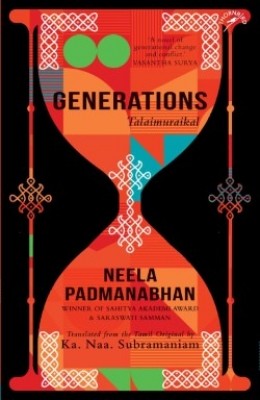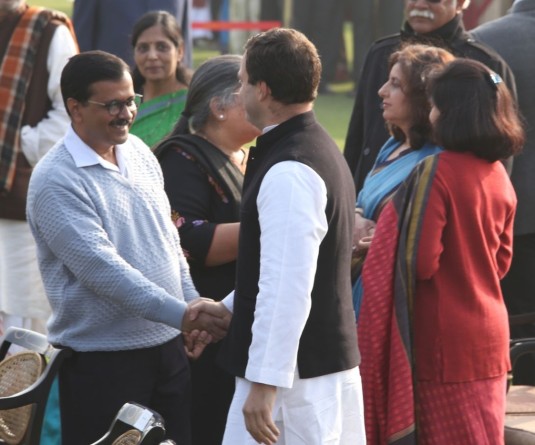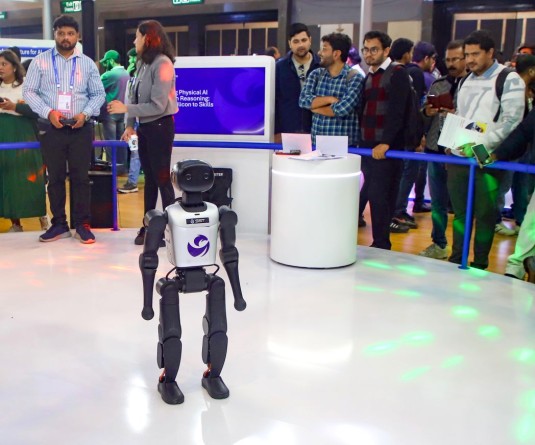Image Source: IANS News

New Delhi, July 4 (IANS) Feminist men do exist! Social injustice - against women and lower castes, 'unchanging India, migratory traditions, and cultural baggage are some of the themes that this realistic novel, told with great imaginative power, deals with.
It touches upon sensitive subjects of gender and sexuality, and the role they play in a society where marriage and familial relationships shape the history and politics of the 'generations' of the past, present, and future. The Tamil original, "Talaimuraikal" was made into a film titled "Magizhchi" (Happiness).
Neela Padmanabhan's "Generations" (Niyogi Books), translated by the late Ka Naa Subramanyam, is an intricate tale, simply told by a master of fiction about a community of Tamil speakers who live in the small town of Eraniyal on the border of modern-day Kerala. Set in the 1940s, it is a novel of generational change and conflict, and how the protagonist, Diravi, grows up to take charge of his family, which embodies a distinct culture.
The marriage of Diravi's sister, Nagu, to Perumal is wrecked when the latter, enraged at his own failings, rejects his young wife. Unacceptable in her own family, Nagu continues to endure Perumal's cruelty till Diravi, decides on an alternative course of action, slashing through outdated social customs that discourage any constructive solutions.
The novel ends, though on a note of tragedy, yet with a faint sense of hope as Diravi and his family leave Eraniyal and abandon age-old customs and a decadent way of life. Their physical departure from the 'Seven Towns' Chettis' also presents a symbolic departure from rigidity and an 'unchanging' India - a movement, an evolution towards a free thinking world, whatever be the cost and consequences.
Amidst the background of language, myth, and ethnic consciousness, we are offered a sensitively drawn profile of the passing of a traditional way of life into modernity and the nostalgia that comes with change.
What the novel also proves is that feminist men do exist, and they often offer to be the unsung heroes in the lives of those women who do not have the courage to speak for themselves.
Neela Padmanabhan was born in Kanyakumari district. He has written 20 novels, 10 short story collections, four volumes of poetry and seven essay collections in Tamil. In Malayalam, he has published a novel, four short story collections and a single essay collection. Besides Tamil and Malayalam, he also has a few English works to his credit. During 1985-89 he was the Tamil editor at Sahitya Akademi.
In 2007, he received the Sahitya Akademi Award for Tamil for his novel "Ilai uthir kaalam" (Autumn). He had earlier won the Sahitya Akademi Translation award in 2003 for his translation of Ayyappa Paniker's works into Tamil. In 2010, his debut work, Talaimuraikal, was made into a Tamil film, titled Magizhchi (Happiness).
Ka Naa Subramanyam (January 31, 1912-December 18, 1988) was a Tamil writer and critic from Tamil Nadu popularly known by his Tamil initials as Ka Naa Su. He also wrote poems using the pseudonym Mayan. He published many literary journals like Ilakkiyavattam, Sooravali, and Chandraodayam. In 1986, he was awarded with the Sahitya Akademi Award for Tamil for his literary criticism "Ilakkiyathukku oru Iyakkam" (A Movement for Literature).






